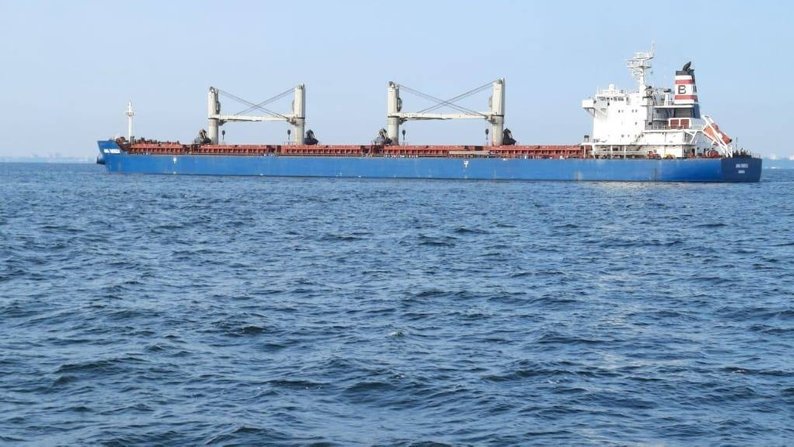During the negotiations between Ukraine and the US in Saudi Arabia, the parties agreed to ensure safe navigation in the Black Sea and to implement the agreements reached by the presidents regarding a complete ban on strikes against Ukraine's and Russia's energy infrastructure, says Ukrainian Defense Minister Rustem Umerov, who participated in the talks.
On 24 March, delegations from the US and Russia concluded their negotiations in Riyadh. The talks lasted more than 12 hours and were closed-door.
Umerov notes that the "bilateral technical consultations in Riyadh" focused on "the security of energy and critical infrastructure, safe navigation in the Black Sea, as well as the release and return of our prisoners and children." According to him, this meeting was "a logical continuation of successful consultations with the US in Jeddah."
First, as the Ukrainian defense minister points out, "all parties agreed to ensure safe navigation, cease the use of force, and prevent the use of commercial vessels for military purposes in the Black Sea." At the same time, he highlighted a key aspect for Ukraine.
"The Ukrainian side emphasizes: Russia’s movement of its military ships beyond the eastern part of the Black Sea will be considered a violation of the spirit of this agreement and will be viewed as a breach of commitments to ensure freedom of navigation in the Black Sea and a threat to Ukraine’s national security.
In such a case, Ukraine will have full rights to exercise its right to self-defense," Umerov stressed.
According to Andrii Klymenko, Head of the Monitoring Group on Sanctions and Freedom of Navigation and a project at the Black Sea Institute of Strategic Studies, for the effective implementation of the agreements, it is crucial to hold
additional technical consultations as soon as possible to coordinate all details and technical aspects of implementation, monitoring, and control of the agreements.
He emphasized that Ukraine has never attacked civilian vessels in the Black Sea or in Russian ports, nor the Russian ports themselves, only oil depots at Port Krym in Tuapse.
Additionally, as part of the agreements, the White House stated that the US would help restore Russia's access to the global agricultural and fertilizer export market, reduce maritime insurance costs, and expand access to ports and payment systems for such transactions.
Klymenko explained that, in reality, these Russian goods were never under sanctions, "so there is nothing to restore," and suggested that the US might be unblocking a few Russian banks under this pretext.
Related:
- Oil pumping through Russia’s drone-struck Kavkazskaya station impossible in foreseeable future, operator says
- Satellite images reveal extensive damage at Engels-2 airbase in Russia
- Explosions and fire reported at Russia’s Engels-2 strategic bomber base after SBU drone assault (video)
- Rosneft-owned refinery in Tuapse hit in overnight drone attack (video)

